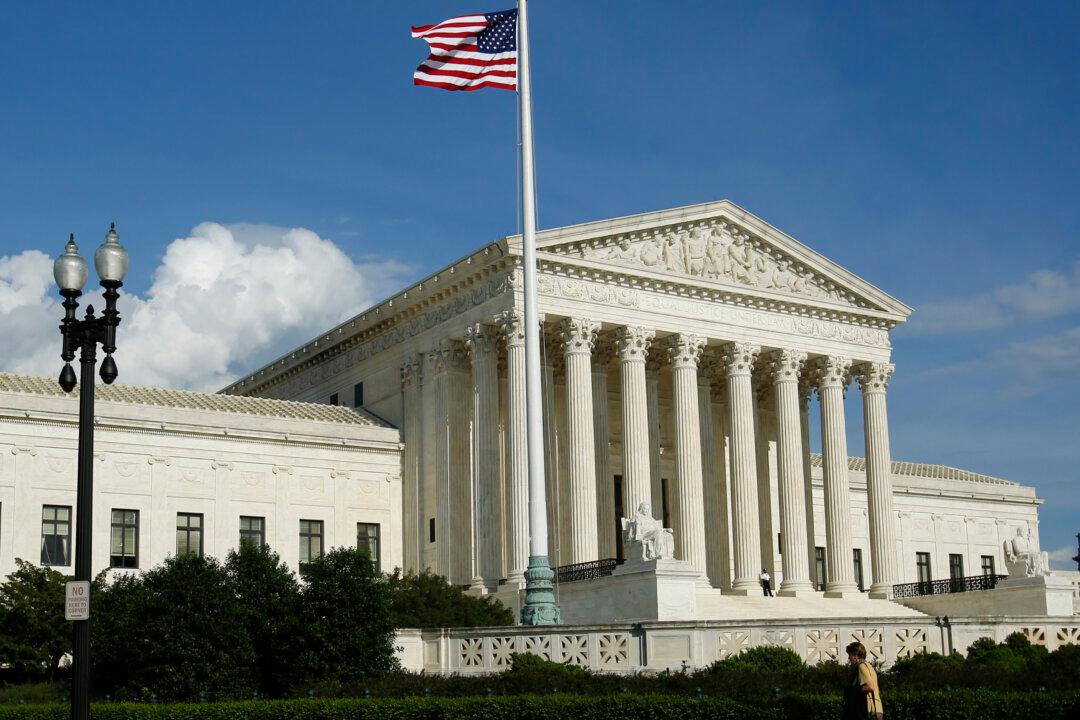The Supreme Court on Friday declined to immediately block a Texas anti-abortion law that bars abortions once cardiac activity is detected, but it agreed to review whether it is constitutional.
The high court wrote in its order (pdf) that it would consider the question of whether “the United States bring suit in federal court and obtain injunctive or declaratory relief against the State, state court judges, state court clerks, other state officials, or all private parties to prohibit S.B. 8 from being enforced,” referring to Senate Bill 8, the name of the law that has been in effect since Sept. 1 in Texas.





